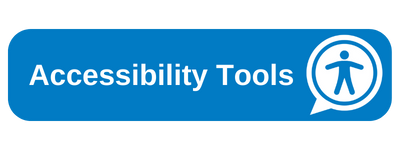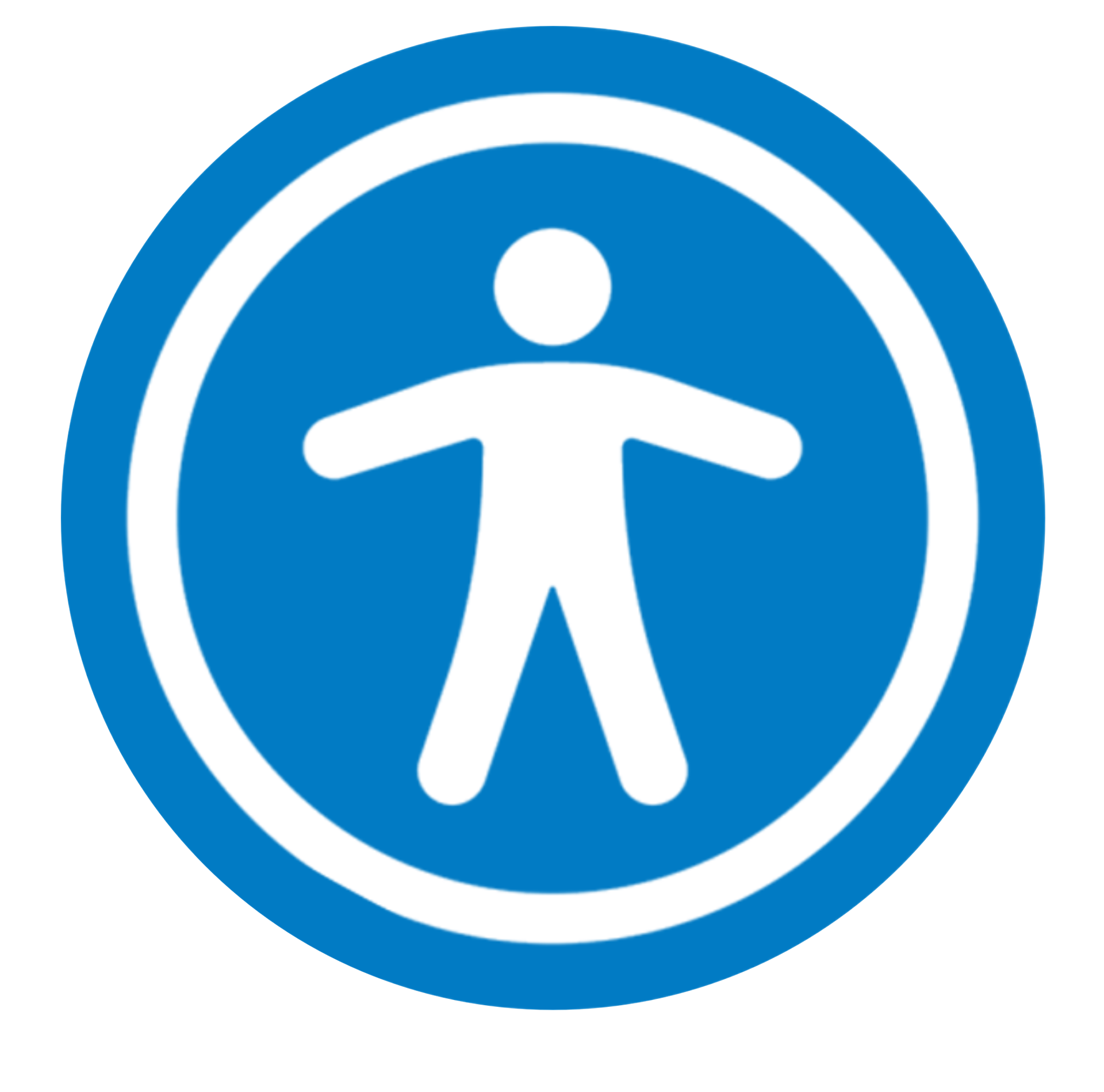You are here: All about Mental Health/cyp/CP-MHS/all-about-mental-health
EATING DISORDERS
What are eating disorders?
Eating disorders are mental illnesses affecting people of all ages, genders, ethnicities and backgrounds. Eating disorders are not all about food itself, but about feelings. When things feel tough, the way the person treats food may make them feel more able to cope, or may make them feel in control.
There are different types of eating disorders:
When a person has Anorexia Nervosa they limit and reduce food or stop eating. They can use laxatives or over exercise in order to have an unhealthy weight (their weight is much less than it should be).
When a person has Bulimia Nervosa they are usually overeating in one moment (binge) and then they try to get rid of the food they ate by making themselves sick or using laxatives and exercise excessively. Between binges they could starve themselves. Their weight keeps the same or they alternate between being overweight and underweight.
When a person has Binge Eating Disorder they eat large amounts of food compulsively, and usually unhealthy food. Their weight usually increases.
All types of eating disorders have a negative impact on your body and health. Eating disorders are difficult to manage on your own but you can ask for support. An eating disorder is never the fault of the person experiencing it, and anyone who has an eating disorder deserves fast, compassionate support to help them get better.

 provides helplines for people of all ages, offering support and information about eating disorders no matter where you are in your journey. Helplines are free to call from all phones.
provides helplines for people of all ages, offering support and information about eating disorders no matter where you are in your journey. Helplines are free to call from all phones.
Their helplines are open 365 days a year from 9am–8pm during the week, and 4pm–8pm on weekends and bank holidays.
Helpline
0808 801 0677
Studentline
When you call their helpline you will speak to a trained support worker experienced in listening and talking to people in a similar situation to you. They know it can be difficult to reach out for help and talk about what you are feeling and going through, but they aim to provide a supportive, non-judgemental space.
You don’t have to have a formal diagnosis to use Beat's Helpline
Beat's eating disorder helpline support workers are trained to:
- Offer a supportive space for you to explore your feelings and thoughts around eating disorders.
- Provide information about eating disorders. When we do not have the information that someone is looking for, we might be able to give you some ideas about who might be able to help.
- Explore options for help with eating disorders and to enable you to come to your own decisions about what might be best for you. This might include NHS treatment, private therapy, support from charitable organisations, peer support or self-help.
- You can talk one-to-one with Beat using their secure instant messaging service. They are currently working closely with their partners NEDIC, a Canadian eating disorder charity, to pilot a one-to-one web chat service between the hours of 8pm and midnight Monday to Thursday and 8pm and 10pm on Fridays. Between these hours, your chats will be with a member of the trained NEDIC team and data will be stored within Beat’s systems.
see their website to learn more about eating disorders and to get information and support
 The following information has been put together by those who have experienced different eating challenges and recovered or in recovery. They want you to know you are not alone and support is available.
The following information has been put together by those who have experienced different eating challenges and recovered or in recovery. They want you to know you are not alone and support is available.
Please note: This information is not absolute and it has been created by individuals from the sun network who have experienced eating disorders and from their observations of their journey through recovery, so some of the text may not resonate with you. The information may be triggering. If you need urgent mental health crisis support, call NHS111 Option 2.
Causes: Eating disorders are complex. There is no single reason. There can be a range of factors that could combine to make it more likely any one person could develop this condition.
Further explanations: Eating disorders are ever changing and different for everyone. Unhealthy eating behaviours may include but aren’t limited to eating too much or too little or worrying about your weight or body shape.
So many things can be going on at the same time and you can feel like things are so out of control.
You may feel the urge to want to put things in a box or label things you don’t understand, to normalise or minimise what you are experiencing.
Eating Disorders can become a crutch and feel like it is all you have got.
You do not have to focus on recovery if this feels like a long way off. Consider small more manageable steps to help you on the journey of recovery. Small steps are still steps.
Often there are religious holidays, festivals, rituals or periods of our lives that are focused on food. These can be difficult so don’t be afraid to ask for support.
Individual’s experience eating disorders and feelings differently. You could do certain behaviours or experience thoughts and activities that are unhealthy but make you feel good. It can be hard to let that go as that’s a coping mechanism.
Early habits - There can be early signs or habits that are unhealthy for individuals to do. It is a good idea to act quickly.
Physical health = Mental health
It is a common misconception that eating disorders are about physical looks. Whilst there are physical aspects such as weight loss or gain, bingeing, and vomiting, over or under eating, or over exercising, eating disorders are a mental health illness affecting thoughts and feelings. Physical and mental health are closely linked, and it is important to look after both.

Words of encouragement from 

- You matter and your feelings are valid
- You are not the eating disorder; you are still yourself
- You are loved and will always be loved
- You have top-notch qualities, don’t forget about them
- Recovery is possible and there is life after an eating disorder. You can write down your reasons to recover
- Stay connected with your support network
- Reach out. You are worthy of help
- Talk to yourself as you would to someone you love
- There are times of joy beyond the eating disorder
- Each day is a new day
- Small steps are still progress
- Be proud of yourself for how far you have come
- You can still be a friend, partner, employee
- People will listen
- There is no one or reason to blame
- Find reasons to love yourself
- Small steps are still progress, celebrate them
- Every journey is different, but the end goal is the same
- Your eating disorder doesn’t have to fit in a specific box
- It’s ok to speak out, don’t be ashamed, your mind wants to silence you. You wouldn’t be ashamed of breaking your leg
- Forgive yourself
If you found this information helpful, you can download this leaflet the sun network have produced here.
You can read lots more from the sun network on the adults section for this site here.
Personalised Eating Disorder Support (PEDs) - A specialist eating disorder charity based in Peterborough, supporting individuals locally and around the country and further afield via our Skype and email services.
Cambridgeshire & Peterborough Foundation Trust run the Eating Disorder Service locally. Most people will be seen as outpatients, with a small number requiring a hospital stay. To access support for an eating disorder, please visit your GP.

